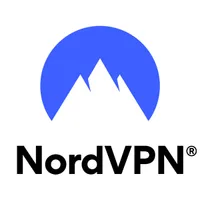It's International VPN Day – and here's why that's important
VPNs are more than just a handy tool for streaming
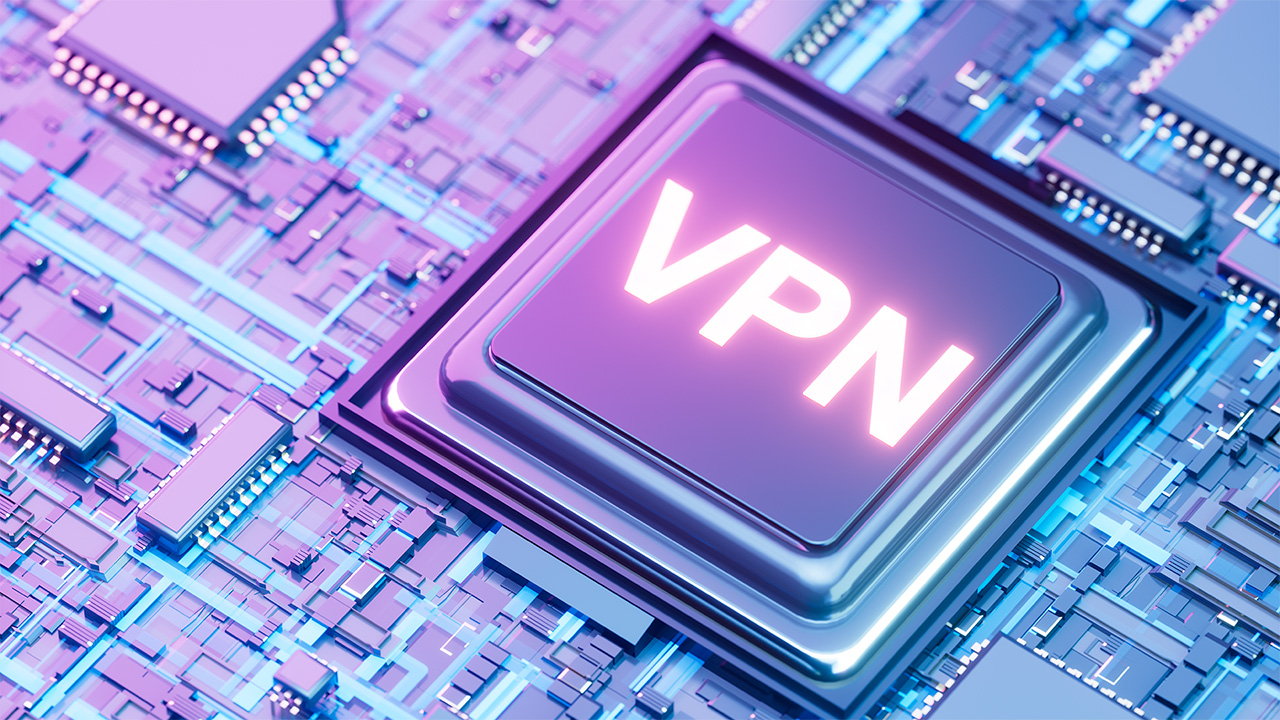
August 19 is International VPN Day – and raising awareness of VPNs, and their uses, has never been more important.
You may think a VPN is just a handy tool for unblocking your favorite streaming sites. However, while they're great at doing that, VPNs offer so much more.
The best VPNs protect your data online, provide you with cybersecurity protections, allow you to securely share information, and act as a lifeline for those living under internet censorship.
Not everyone will need a VPN. But in a period when our digital rights have never been more under threat, highlighting the uses of VPNs is crucial.
NordVPN: our top-rated VPN overall
We rate NordVPN as the #1 VPN for most people. It boasts fast speeds and class-leading privacy and security, plus has a load of great features. There's protection for up to 10 devices and is a powerful streaming VPN.
2-year plans start at $3.09 per month ($83.43 up front pre-tax). There's an extra 3 months of protection for free and a 30-day money-back guarantee.
Keeping your personal data safe
VPNs encrypt your internet traffic and change your IP address, keeping your data safe from hackers and third-parties.
The most secure VPNs protect this data with AES-256 encryption, and many have adopted post-quantum encryption – rapidly becoming the new industry standard.
Features such as Double VPN and kill switches add extra layers of security, ensuring your data remains protected at all times.
Proven no-logs policies are also a must-have. VPNs shouldn't collect, store, share, or sell any of your personal data, and your internet activity should never be recorded. Independent audits ensure these policies are truthful and accurate.
"People think of privacy as a luxury," said Marijus Briedis, Chief Technology Officer at NordVPN. "But in 2025, it’s a necessity. Without it, you're exposed to identity theft, financial fraud, and algorithmic profiling that silently shapes your decisions."
"You don’t need to be a cybersecurity expert to take back your privacy," he added. "A good VPN makes that possible – simply, powerfully, and privately."
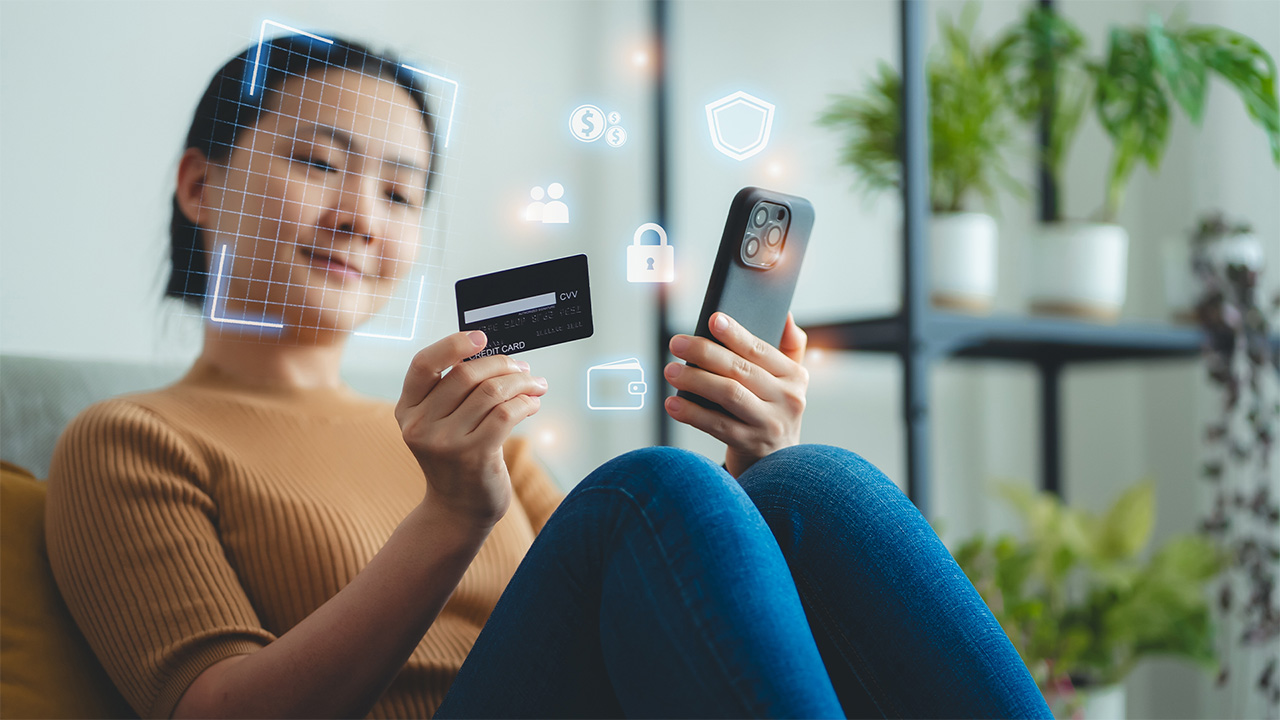
VPN usage in the UK has skyrocketed as a result of the Online Safety Act. The law requires internet users to complete age verification checks to access certain websites and sensitive personal information is required to complete these checks.
This presents a concerning cybersecurity risk and people are opposed to handing over their data. Connecting to a VPN has been explored as a potential way of bypassing these checks.
24 internet restrictions in six months
The first six months of 2025 saw 24 cases of internet restrictions and 2024 saw 4.8 billion people affected by internet censorship.
VPNs have been targeted in Pakistan, Venezuela, Russia, and more, and numerous countries have strict VPN and internet laws.
VPN providers campaign for a free and open internet, and no one should face internet restrictions. Many VPNs provide emergency VPN services for journalists and activists.
Internet censorship is a major threat and there is a very real danger it will grow beyond traditionally authoritarian countries. There have been calls to ban VPNs in the UK, and controversial surveillance laws are being proposed in Switzerland.
As our digital rights are being squeezed, VPNs are one of the only tools that allow us to retain our privacy and online freedoms.
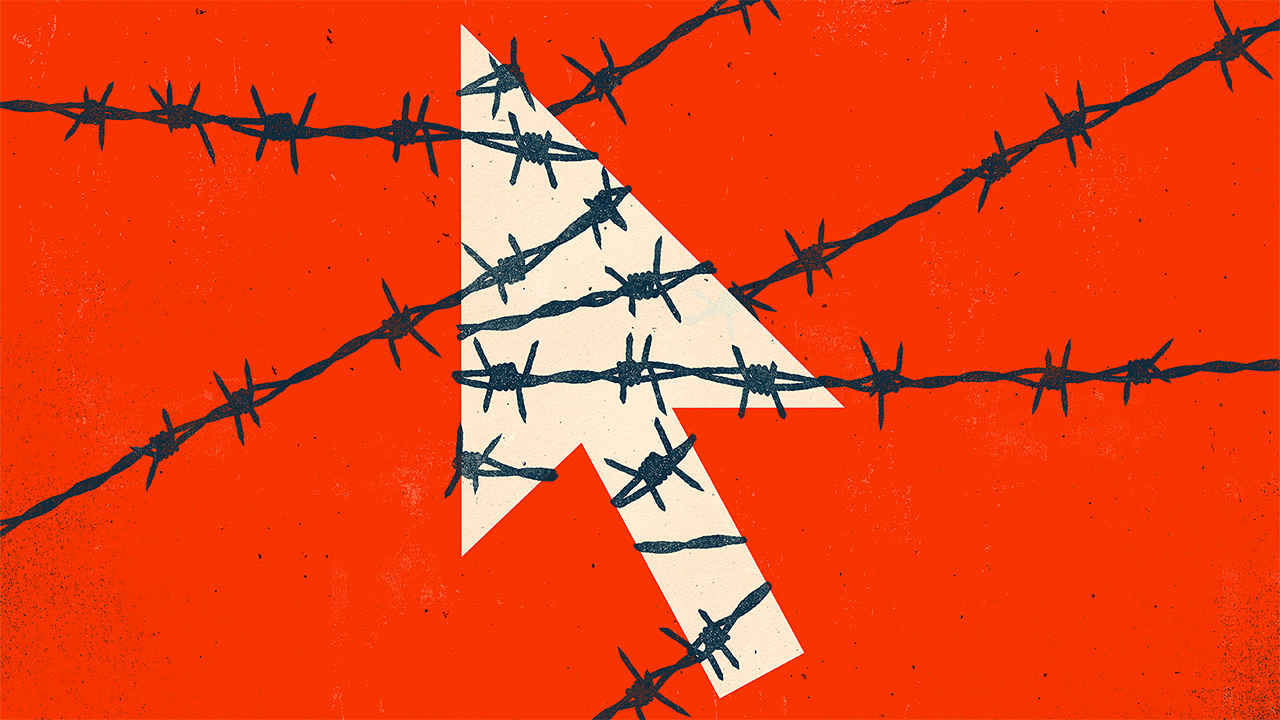
A cybersecurity toolbox
VPNs are a must-have feature of any cybersecurity toolbox, and premium plans often include additional cybersecurity protections.
NordVPN includes Threat Protection Pro – a top-rated malware protection and ad-blocker – in all but one of its plans. It also offers NordPass, one of the best password managers, encrypted cloud storage and NordProtect to combat scams and ID theft.
Proton's Unlimited plan bundles a VPN with a password manager, secure email, file storage, calendar, and wallet – there are also free versions of all these features.
The additional cybersecurity features offered can make all the difference when choosing a VPN. So compare plans and see what extras you'd find useful.
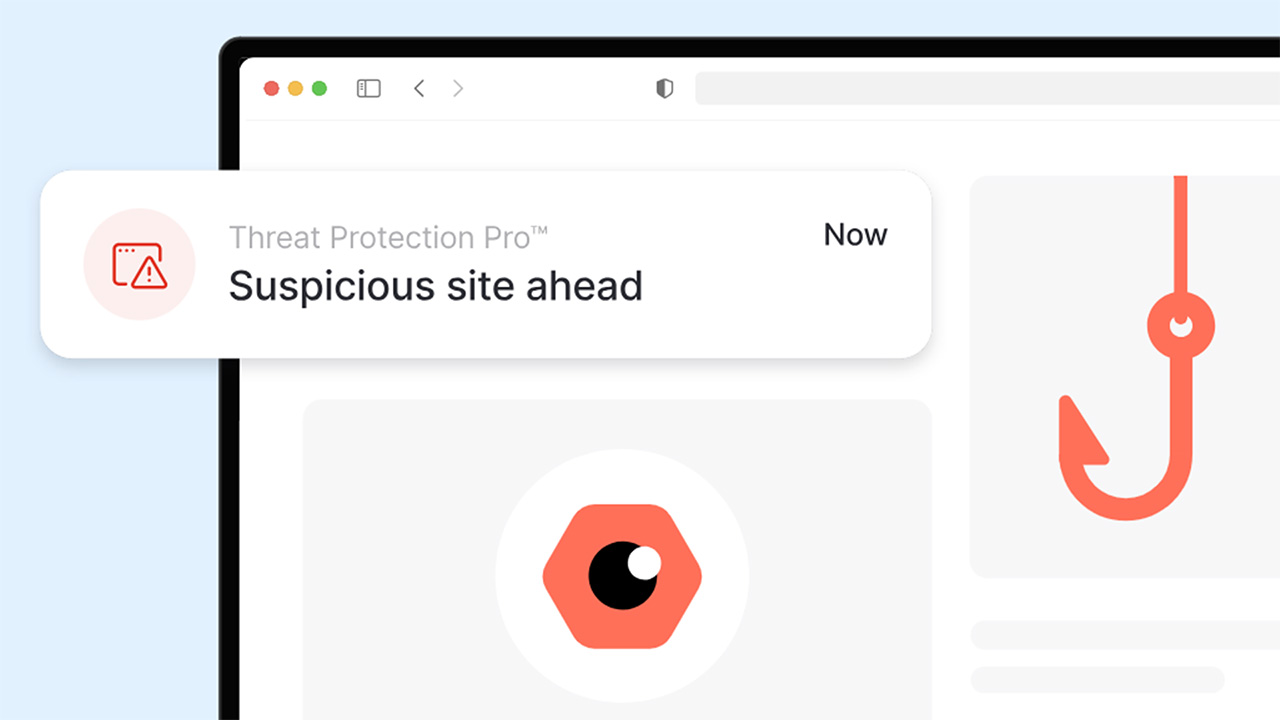
Everyday uses for VPNs
Not everyone using a VPN will be fighting internet censorship. Apart from securely browsing the web, there are plenty of VPN uses that are more everyday.
The best streaming VPNs help you unblock geo-restricted content. You can gain full access to international streaming libraries and keep watching your favorite shows and films.
The best travel VPNs make the perfect holiday companion. You can browse the web and watch shows as if you were at home. Plus, by encrypting your data, you avoid any potential risks when connected to unfamiliar public Wi-Fi.
The best torrenting VPNs are ideal for those looking to torrent and securely share files. The best gaming VPNs can improve your performance and protect you from hackers that may infiltrate your online lobbies.
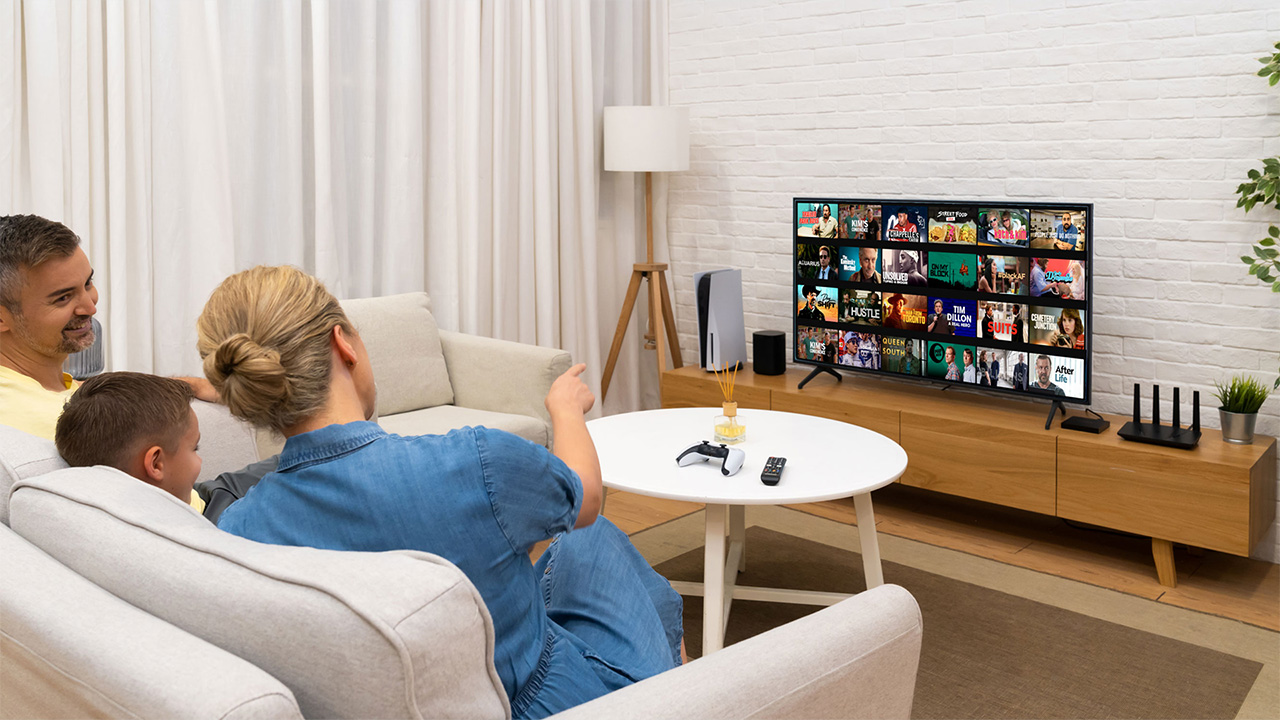
VPNs don't have to cost a fortune
Price can be a significant barrier to VPN usage – but it doesn't have to be. A majority of our recommended VPNs cost between $2 and $5 per month (billed up front), although what you get in each plan does vary.
Our best cheap VPN guide details the premium VPNs we recommend for those on a budget. Surfshark tops that list, costing $1.99 per month for a 27 month plan. It's fast, will protect an unlimited number of devices, and offers some great features.
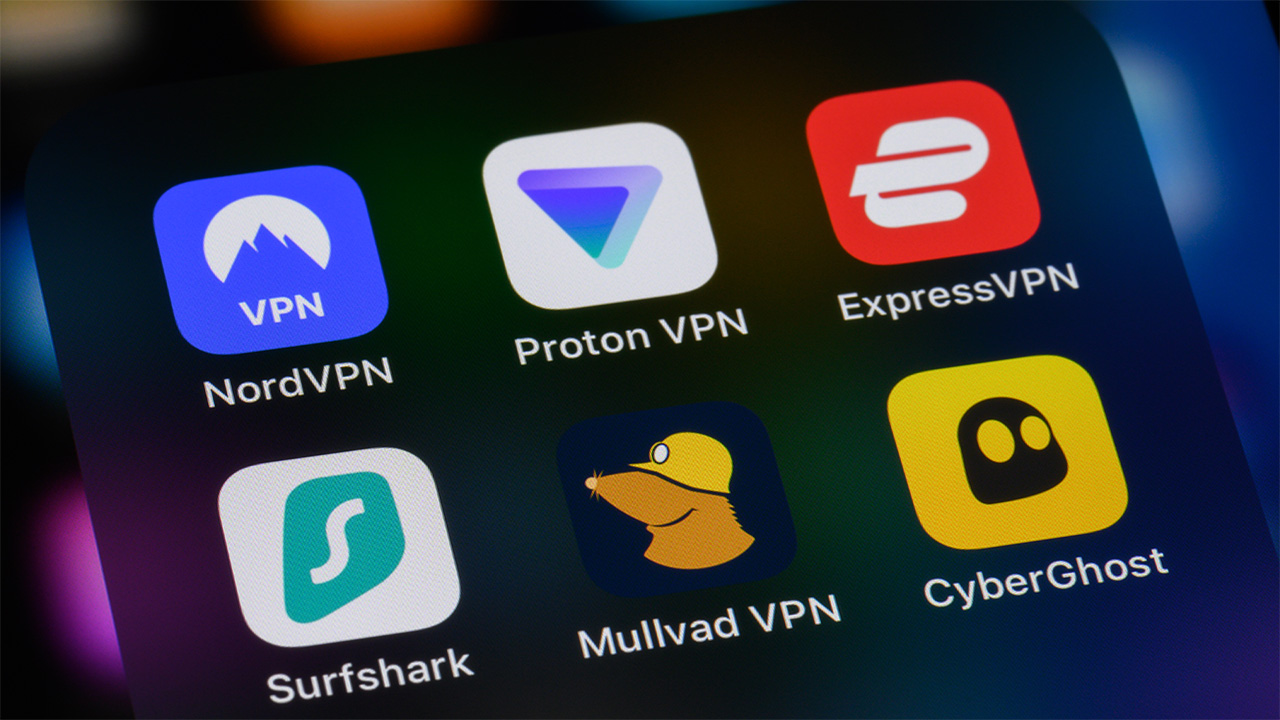
There are VPN apps for iOS, Android, Windows, Mac, and Linux devices, as well as for smart TVs and even routers. Most leading providers offer protection for 8, 10, or an unlimited number of devices and this is usually enough for the average user.
We generally recommend subscribing to a two-year plan for the best value and you should cancel and re-subscribe once it expires to avoid huge price hikes. However, if you want short-term cover, there are a few cheap monthly VPNs available, too.
Almost all leading VPNs come with a 30-day money-back guarantee so you can always get a refund if the VPN isn't for you.
Suspect free VPNs rose in popularity in the UK in July and dangerous free VPNs exist. However, the best free VPNs are reliable, safe, and secure. They'll protect your data with the same levels of privacy and security as their paid counterparts but don't offer the extra features.
There are often data caps or device restrictions but if you need VPN protection and can't afford a premium plan, then certain free VPNs will do the job.
We test and review VPN services in the context of legal recreational uses. For example: 1. Accessing a service from another country (subject to the terms and conditions of that service). 2. Protecting your online security and strengthening your online privacy when abroad. We do not support or condone the illegal or malicious use of VPN services. Consuming pirated content that is paid-for is neither endorsed nor approved by Future Publishing.

George is a Staff Writer at Tom's Guide, covering VPN, privacy, and cybersecurity news. He is especially interested in digital rights and censorship, and its interplay with politics. Outside of work, George is passionate about music, Star Wars, and Karate.
You must confirm your public display name before commenting
Please logout and then login again, you will then be prompted to enter your display name.
 Club Benefits
Club Benefits





